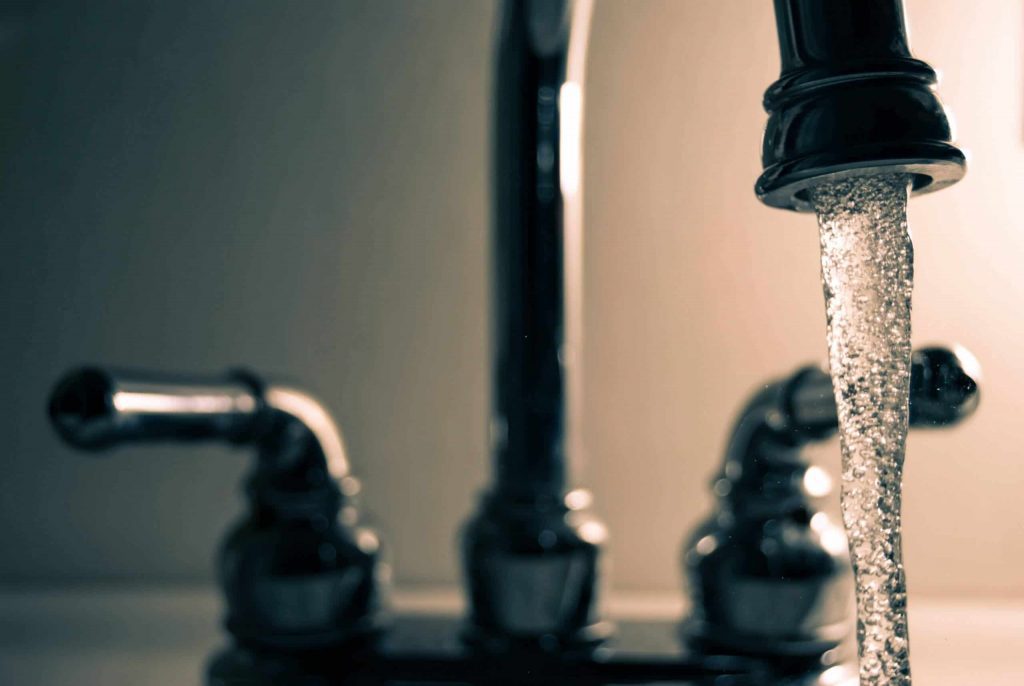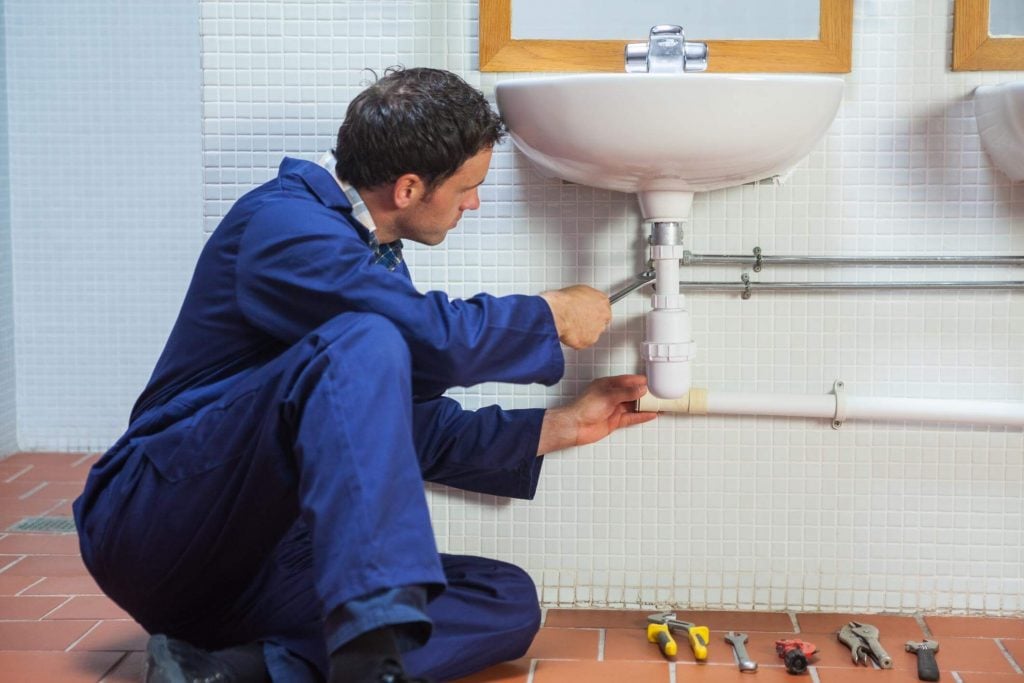To most people, it’s a given that with rental properties, the landlord is responsible for all repairs needed for the property. Well… that’s not always the case.

Most people will make that statement based on their experience living in an apartment complex. In most apartment complexes, major repairs like plumbing, leaks, HVAC, or anything that could potentially compromise the complex’s structural integrity, are repairs that the landlord must take care of.
With rental properties, whether it’s a house, townhouse, or condo, it’s a little bit different…
As the owner of a rental property, you’ve taken on the role of landlord, and that means that all payments, complaints, and repairs go directly to you. The thing that makes a rental property different from an apartment complex is all in the contract or leasing agreement.
Apartment complexes typically have a standard rental agreement that almost all properties follow, regardless of the location. With rental properties, the landlord can follow those guidelines as well, but they can also customize those guidelines to their liking simply because it’s their property and they can have their own leasing terms… It’s up to potential tenants as to whether they agree to them or not.
Plumbing repairs are a major consideration that landlords of rental properties have to think about. They can put it in their leasing agreement that the tenant is responsible for plumbing repairs or if they’ll be responsible. To a tenant, this would be a no-brainer… the landlord should be responsible, right?
If you are experiencing drainage problems, then a CCTV drain survey services are the best option that could be what you need.
Not necessarily.
Plumbing repairs are one of the most expensive repairs to take on as a landlord. In order for a landlord to even rent a property out, the property would, of course, need to meet code first. In this situation, you’re going to have to ask yourself if you do indeed want to take on that responsibility, and if you do, what are some ways to reduce plumbing costs?
So, who’s responsible?
To answer that question, think of it like this…
Ideally, you renting your property out basically means you are running a business, and ultimately, you don’t want to be labelled as a bad landlord… That label has the potential to make people not want to rent from you, costing you more money than any plumbing repair ever could.
It would be in the best interest of your business’s reputation, as well as your reputation as a landlord if you take on the responsibilities of plumbing repairs.
In taking on that responsibility, if you decide to do some of the repairs yourself, you definitely want to make sure you protect yourself with plumbers insurance to cover damages in day-to-day work, should your tenant need repairs.
But prevention is key here. Plumbing repair responsibility is solely based on what you put in your leasing agreement. If you indeed do decide to take on plumbing responsibilities, the best way to handle it is to reduce your likelihood of plumbing damages… Get everything repaired the right way before your tenants move in.
Here are some ways to make being responsible for plumbing repairs go a lot smoother for you.
Tips to Make Plumbing Responsibilities More Bearable For Your Rental Property

Include Plumbing Specifics in Your Rental Contract
Nothing is official until it is in writing. Before you hand over the keys to your property, be sure to sit down with your future tenants and discuss everything that you will be responsible for and everything they will be responsible for, including plumbing.
You might say that you’ll only be responsible for major plumbing issues, while they’ll be responsible for a clogged drain or toilet. But you also have to consider that what you’re asking for in rent should also include a maintenance fee to cover repairs or damages that the tenant may incur just in day-to-day wear and tear in living there.
So, taking on the plumbing responsibilities may not be as costly as you may think, depending on what your rent price is.
Conduct a Complete Walk-Through With the Tenant
On move-in day, you’ll want to conduct a walk-through of the property with your tenant. This will cover all renovations and repairs made, as well as, any “dings” or “trouble areas” that they may find issues with that you’ll be responsible for… including plumbing.
A walk-through isn’t “overkill” but more so just being professional as a landlord. Apartment complexes do this all the time, and according to landlordology.com, it just puts into perspective what the tenant is getting and remind the landlord of the condition of the property after the tenants move out.
Communicate With Your Tenants
Communicating with your tenants isn’t a requirement to be a good landlord, but since you’re not running an apartment complex, it’s a lot easier to keep in touch with your tenant, even if it’s just once a month to see if they have any maintenance requests.
This will show your tenants that you care but it will also give you an idea of the condition of your property… The fewer repairs you have to make, that will show just how well your tenant is taking care of your property.
Explore More

